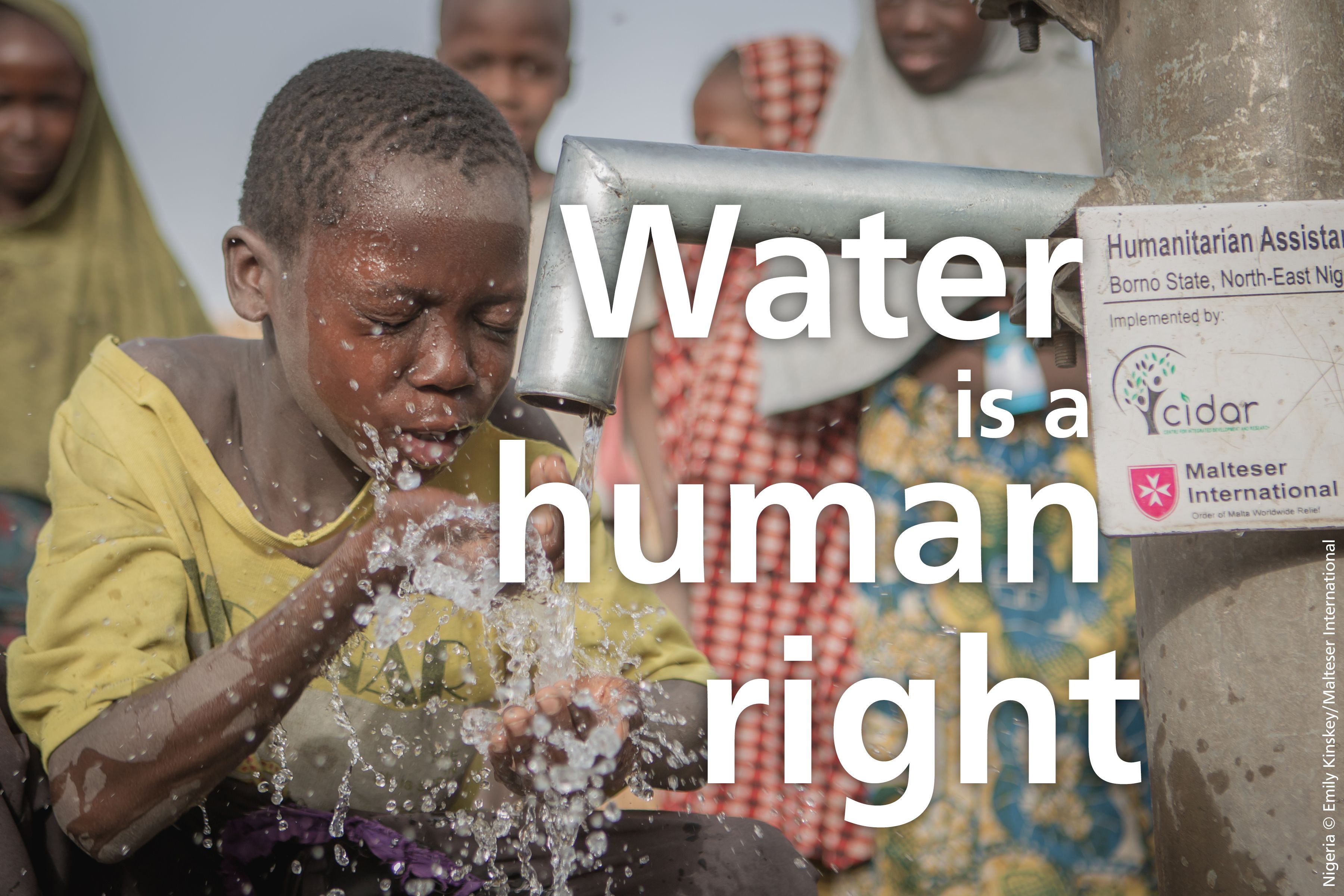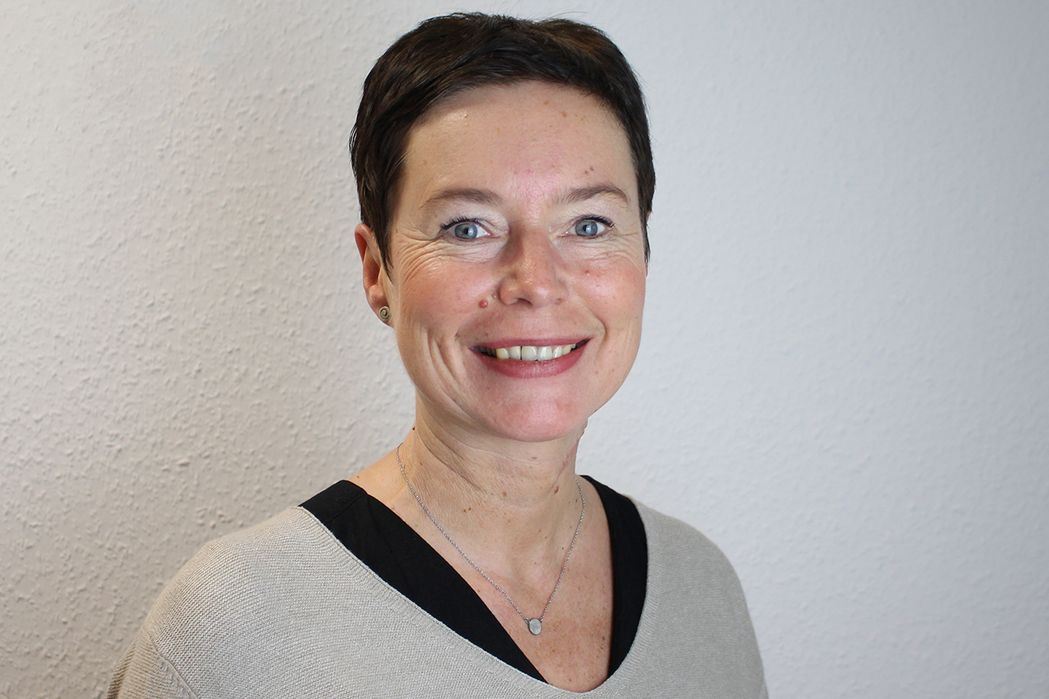Ten years after the United Nations General Assembly recognized the right to safe drinking water and sanitation as a human right, Malteser International is calling for greater commitment to ensuring access to clean water and sanitation for all.
“The right to clean water and sanitation is a human right and is fundamental to human dignity. It is not a privilege. Unfortunately, this right is still denied to millions of people worldwide,” said Arno Coerver, Malteser International’s Water and Sanitation Advisor.
Some 579 million people still do not have access to clean drinking water and more than 2 billion people still do not have access to safe and clean toilets. “This shortage disproportionately affects women and girls,” said Coerver. “They are usually responsible for collecting water in many households and this can affect their education and development.”
Malteser International has joined the WASH Network of Germany in calling on the German Federal Government to enable more access to water and sanitation for marginalized groups and ensure the active enforcement of water and sanitation as a human right in all development projects. The petition initiated by Viva con Agua also calls for more support for civil society actors empowering people to actively stand up for their human rights to water and sanitation.
“We see our humanitarian and development work at Malteser International as a fundamental contribution to the implementation of human rights,” said Coerver. “Our rights-based approach supports people to assert their dignity, allowing them to secure their rights and access to safe water, improved hygiene and sanitation. While the world has seen some progress in the last decade, the glass is still half empty. The ongoing COVID-19 pandemic has also highlighted the centrality of clean water and sanitation to health. If everyone is to enjoy access to safe drinking water and adequate sanitation, recognizing the human right to water must be coupled with effective and equitable policies.”
On 28 July 2010, the United Nations General Assembly explicitly recognized the human right to water and sanitation and acknowledged that clean drinking water and sanitation are essential to the realization of all human rights. The resolution called for the provision of financial resources as well as knowledge and technology transfer to provide safe, clean, accessible and affordable drinking water and sanitation for all.
Note to Editors:
The petition to the German Federal Government for greater commitment to promoting more access to water and sanitation (in German):
CHANGE.ORG
Press contact for interviews:
Michael Etoh
Head of Communications
michael.etoh(at)malteser-international.org
+49 (0)221 9822 7183
Your donation can support our efforts for better water, sanitation and hygiene in the fight against COVID-19.
DONATE NOW
Reference: "Coronavirus Emergency"










